Japanese are known for their kinky tendencies. The island often surprises the rest of the world with the weird and wonderful. And beautiful things can happen when you mix the Japanese sense of awkward imagination with Hasselblad: a remarkable catwalk fashion show, supported by the high-end camera maker, has helped amputee women in Japan to proudly step forward.
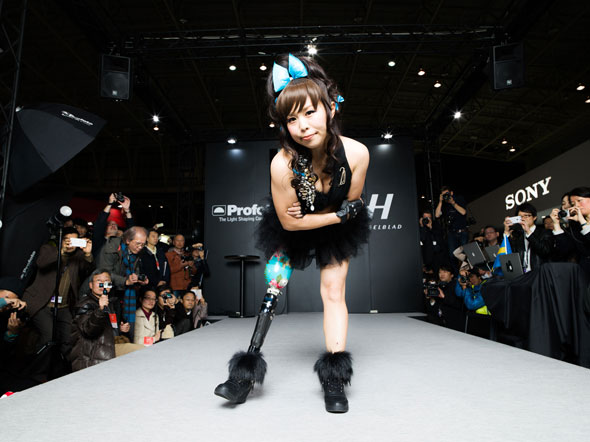
The show recently in Tokyo featured amputee models and was a follow-up to Japanese photographer Takao Ochi photobook Amputee Venus, shot with a Hasselblad H5D-50c. Ochi’s work pictures the lives of eleven Japanese women with artificial legs who have rebuilt their lives and now excel at everything they do, including karate, motorcycle riding, running and football.
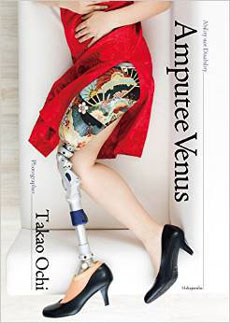
Instead of being isolated and depressed, reluctant to leave their homes, these women demonstrate how wrong it is to have negative images about the disabled. Blame it on prejudice and misinformation. Said amputee Makiko Sugawa, who on the catwalk wowed the audience by removing the coat she was modeling to reveal her prosthesis and how it attaches with a belt around her waist:
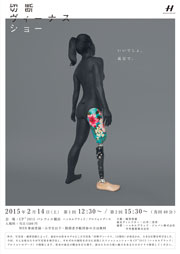
One could argue why a camera maker uses amputees for an attention-seeking marketing campaign. It’s an as courageous as sensitive approch, the more so as the images spark a kind of strange sensation. Said Hasselblad on its collaboration project with Takao and world-acclaimed prosthetics specialist Fumio Usui: “Our collective ambition has been to help change attitudes towards disability in Japan.”
Photographer Ochi gave the women who agreed to be photographed freedom to express themselves exactly as they wished to be portrayed, encouraging them to select their own outfits and locations for their shoots. The result is Amputee Venus, a collection of images that are fascinating and often surprising.
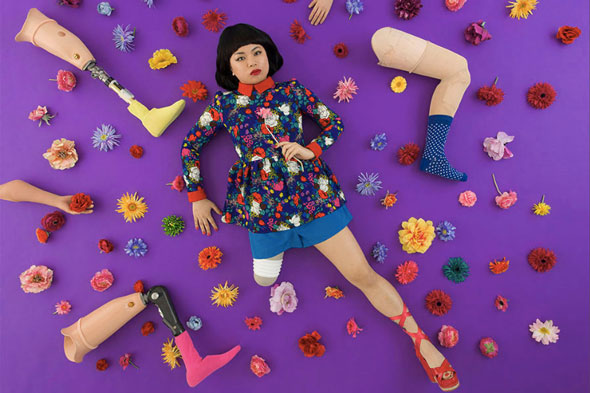
Hitomi Onishi for instance, who lost her right leg above the knee in 2000 after a medical procedure went wrong, chose to be photographed while scuba diving off the coast of the Izu Peninsula. For a subsequent shoot, she made herself up like a Terminator, the cyborg assassins made famous by James Cameron’s 1984 science fiction movie starring Arnold Schwarzenegger.
On the Hasselblad stage, the women did what they always loved: “I’ve always loved clothes and fashion, and it was devastating to think I would never wear high heels or walk stylishly again,” said participant Sugawa, who posed for her contribution to the book in antique lace dresses and stockings that she designed. Ten years ago, a malignant tumor required the removal of Sugawa’s entire left leg, leaving her with an empty hip socket.
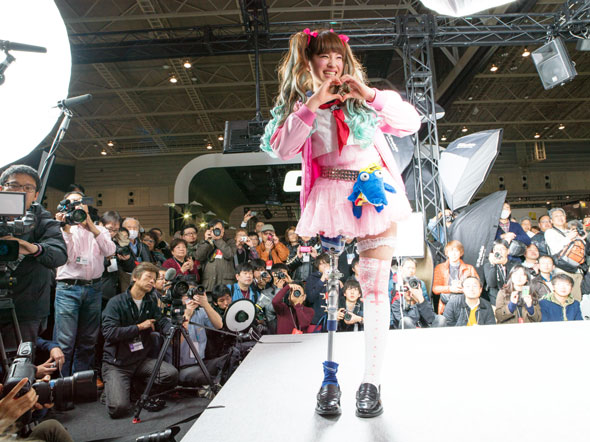
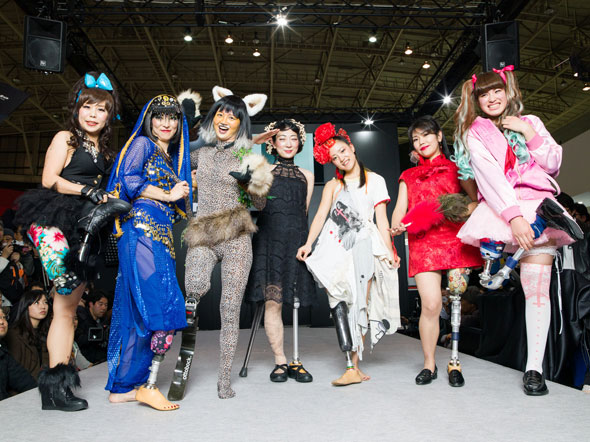
+++ For more on Takeo Ochi, visit www.ochitakao.com You can order “Amputee Venus” from Amazon.


